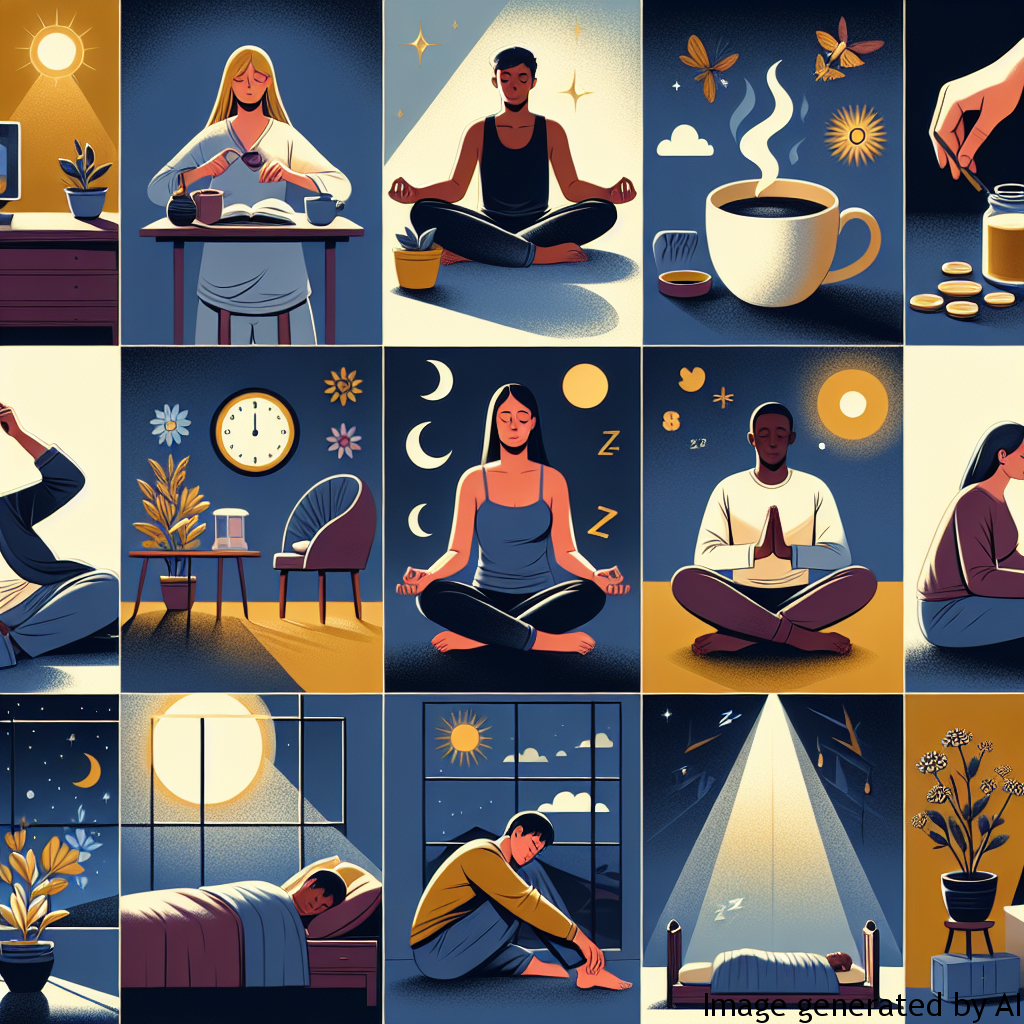Introduction
Sleep is an essential function that allows our bodies and minds to recharge, driving out toxins, and improving our overall health. While the majority of adults need seven to nine hours of sleep per night, a considerable percentage of the global population suffers from some sleep disorder. Among these, insomnia – the inability to fall asleep or stay asleep for a satisfactory duration – is the most common sleep disorder. This article will examine the impact on psychological health with a focus on gender-specific influences and provide strategies to combat insomnia.
The Impact of Gender Expectations on Men’s Psychological Health
Manifestations of the Pressures of Masculinity
Traditional gender roles and expectations can contribute significantly to sleep disorders. Men, in particular, often find themselves under the pressure of societal expectations of masculinity. These pressures can lead to stress and anxiety, both of which are known to contribute to sleep issues such as insomnia.
Work-Related Stress
Men are often expected to be the financial pillar of the family, leading to long working hours and work-related stress, which can significantly impair sleep quality and duration. Extended periods of such stress can pave the way for chronic insomnia conditions.
Examples of How Gender Roles Can Impact Men’s Lives
Pressure to conform to stereotypical masculine roles can lead to unhealthy coping mechanisms, such as substance abuse, excessive alcohol consumption, and avoidance of help-seeking behavior. Each of these factors can contribute negatively to sleep quality, exacerbating insomnia symptoms. Furthermore, the expectation to suppress emotions can lead to anxiety and depression, both of which have a significant influence on sleep health.
Tips to Improve Psychological Health Considering Gender Roles
It is essential to challenge traditional gender roles and societal pressures, recognizing their negative impact on psychological well-being and, consequently, sleep health. Here are a few strategies:
1. Normalize seeking help: Encourage men to seek professional assistance for stress or anxiety.
2. Foster healthy coping mechanisms: Promote techniques such as meditation, mindful relaxation, and yoga to reduce stress levels.
3. Implement a healthy sleep schedule: Encourage consistent bedtimes and wake-up times.
4. Promote physical health: Regular physical activity is known to improve sleep quality.
5. Encourage open dialogues: Give men a safe space to express their feelings and concerns without judgment.
Conclusion
Sleep health is a critical aspect of an individual’s overall well-being. With societal pressures and gender roles potentially contributing to sleep disorders, it is essential to consider these factors when addressing sleep health. By fostering an environment that encourages self-expression and help-seeking behavior, and promoting positive coping mechanisms and lifestyle habits, we can achieve better sleep health and effectively combat insomnia.

